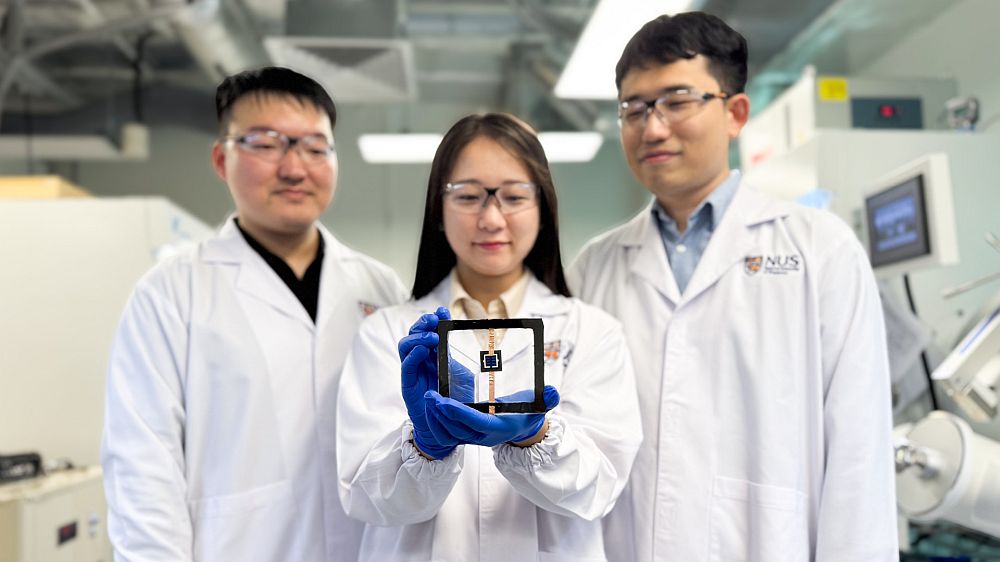The Department of Energy’s Advanced Research Projects Agency-Energy announced on Dec. 8 that it is launching a new fellowship project. According to the DOE, ARPA-E is looking to hire (for two-year terms) “highly technical scientists and researchers, who will actively help create the strategic direction and vision of the country’s first agency devoted exclusively to transformational energy technology research and development.”
Those selected to be Fellows will have two main responsibilities. The first is to help ARPA-E’s program directors in program creation; the second is to undertake independent research in promising areas for the agency. ARPA-E’s vision of the program is that Fellows will interact to develop concepts and proposals for high-impact ARPA-E research program areas, prepare related economic analyses, and, ultimately, make recommendations to DOE senior management.
Actually, there will be two tiers to the Fellows program: Fellow and Senior Fellow. All participants are expected to have very strong backgrounds in at least one energy field, and a strong record of scholarship and publication. Senior Fellows will have to have more than three years of deep experience in their field. Postdocs and recent grads (working towards their Ph.D.) would be considered for the entry-level Fellow positions.
“We need the best and the brightest to help shape our nation’s energy future,” said Dr. Majumdar. “The ARPA-E Fellows Program gives us the opportunity to invest in our up and coming researchers and entrepreneurs as we continue to look for creative and inventive approaches to transform the global energy landscape while advancing America’s technology leadership.”
DOE says all will be considered full-time federal employees and will be paid at a competitive salary.
ARPA-E has set up a special webpage with more information and application procedures.
This Fellows announcement follows news that ARPA-E is committing $100 million to fund a second round of “transformational” research projects. Timed to coincide with the Copenhagen climate negotiations, the announcement says ARPA-E is now targeting three new areas on top of the 37 announced in October.
The three new areas receiving attention are
• Electrofuels: ARPA-E is seeking new ways to make liquid transportation fuels that avoid petroleum or biomass, and instead are based on metabolic engineering and synthetic-biological approaches for the efficient conversion of carbon dioxide to liquid transportation fuels. It is particularly interested in proposals that extract energy from “hydrogen, from reduced earth-abundant metal ions, from robust, inexpensive, readily available organic redox active species, or directly from electric current.”
• Innovative Materials & Processes for Advanced Carbon Capture Technologies: The agency is looking for revolutionary technologies that capture carbon dioxide from coal-fired power plants. ARPA-E says it is particularly interested in “low-cost catalysts to enable systems with superior thermodynamics that are not currently practical due to slow kinetics; robust materials that resist degradation from caustic contaminants in flue gas; and advanced capture processes that dramatically reduce the parasitic energy penalties and corresponding increase in the cost of electricity.”
• Batteries for Electrical Energy Storage in Transportation: the agency is looking for ultra-high energy density, low-cost battery technologies that will let the nation meet the goals set forth by the United States Automotive Battery Consortium. The ultimate goal is to “shift transportation energy from oil to the domestically powered U.S. electric grid.”
CTT Categories
- Energy
- Market Insights


